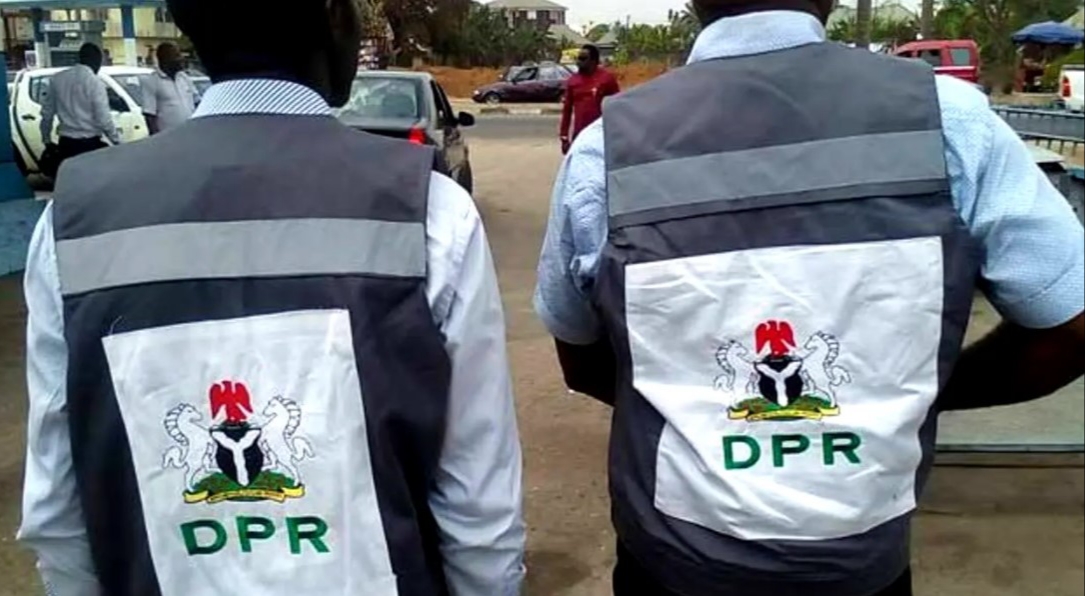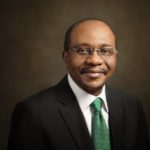The Department of Petroleum Resources, (DPR) has issued a strong warning saying that 27,000 filling stattions are likely to forfeit their operating licensing as the Agency intensify efforts towards curbing diversion of petrol.
The DPR, said it has commenced capturing all licensed filling stations into their system to enable it track lifting and disposal of products to ensure they are monitored.
Speaking at a critical stakeholders engagement including the Economic and Financial Crimes Commission (EFCC) Petroleum Equalisation Fund (PEF) Petroleum Products Pricing and Regulatory Agency (PPRRA) among others, in Lagos on Thursday Director of the DPR, Sariki Auwalu, said out of 33,000 registered filling stations in Nigeria only 6,700 stations have so far complied with the registration.
He warned that the remaining 27,000 stations not yet captured will have their licenses withdrawn by December this year.
Explaining the rational of the engagement, Auwalu, said the increaing petroleum products diversion is becoming worrisome and that Nigeria is losing so much and feeding her neighbours through illegal diversions.
To this end the DPR, has come up with a home grown technology to track genuine outlets by assigning them unique numbers to make it difficult to divert products or to under dispense.
The Director also urged those operating illegally to present their facilities for capturing as going forward only those captured by the system can lift petrol from depots.
Similarly, marketers and industry experts exptessed worris over rise in consumption of petrol in the country linking it to diversion and smuggling of products which occur around border areas.
Earler, representative of the chairman of the EFCC, Abdulkarim Chukkol, demands real time report from the platform for easy tracking of marketers.
Chikkol, said as agency with the mandate to track economic saboteurs it is important for all stakeholderst o work in synergy to deal with the scourge.
On his part, the executive secretary of the Petroleum Equalization Fund (PEF), Ahmed Bobboi demanded for technical collaboration between stakeholders for proper coordination.
Recently, the Nigerian National Petroleum Corporation (NNPC) said smuggling across the borders increased the consumption of premium motor spirit, better known as petrol, to 102 million litres per day.
Mele Kyari, group managing director of NNPC, disclosed this at a stakeholders meeting on strategies to curb the twin menace of petroleum products smuggling and crude oil theft which are negatively impacting the nation’s economy.
Kyari said the corporation was collaborating with the Economic and Financial Crimes Commission, EFCC, Department of State Services (DSS), Nigeria Police Force (NPF), Nigeria Customs Service (NCS), Nigeria Security and Civil Defence Corps, NSCDC, and other relevant security agencies to tackle the smuggling problem.
“We all agree that smuggling is not a business that should be condoned because even for deregulated petroleum products, it brings extra cost burden on this country both in terms of safety and security of supply and in securing of foreign exchange,” a statement by Kennie Obateru, NNPC spokesman, quoted Kyari to have said.
Data has shown that average Daily PMS Imported and Consumed in Nigeria in February 2021 was 50 million liters, while the average Daily PMS Imported and Consumed in Nigeria in May 2021 was 103million liters.
But experts argue that between Chad, Niger, Cameroon, Togo and Benin Republic, the daily petrol consumption in these countries are not more than 8.6 million litres.
According to a break down Cameroon consumrs 4.6million liters; Niger 1.034million, Benin Republic 1.031million Chad 00,000 and Togo 1.03million.
The NNPC, lamented the escalating incidence of petrol smuggling across Nigeria’s borders, which it puts at a whopping 42 million litres per day.
Abdulkadir Saidu, executive secretary of the Petroleum Products Pricing and Regulatory Agency, appreciated the DPR, for engaging other stakeholders in the effort to rid the country of petrol diversion.
Saidu, called for closer monitoring to ensure unproductive stations that still hold licenses are not uses to procure products and divert same.
Speaking on the issue, recently the national President of the Independent Petroleum Marketers Association of Nigeria (IPMAN) Elder Chinedu Okoronkwo, said the Association has taken critical steps to curb the menace but is not getting the desired cooperation from key agencies of government.
Okoronkwo recalled that the current partnership being sought by the NNPC with security agencies should have been tailored towards strengthening existing cooperation the Association had sought long ago.
(Oriental News)








Leave a comment